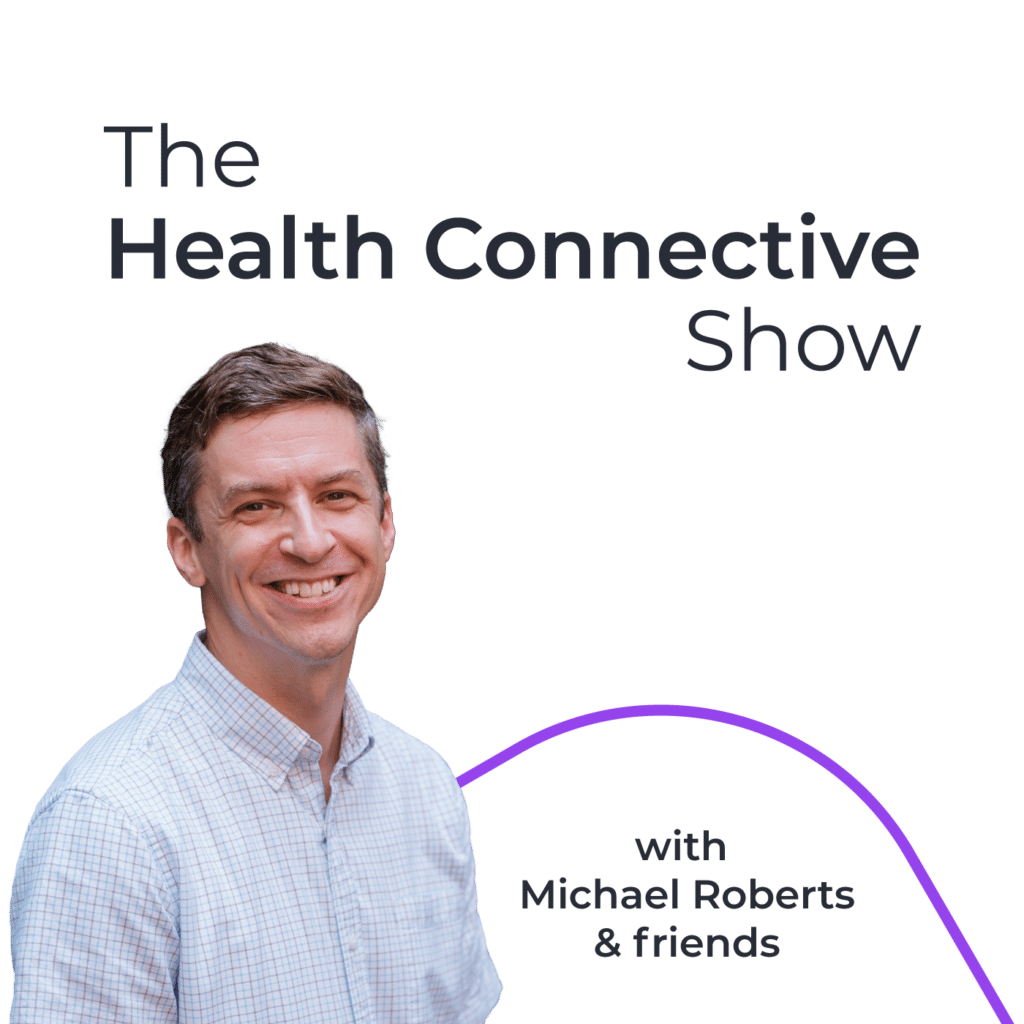
Episode 35
Digital Ethnography for Medtech Products & R&D with Dean Browell
Aired On: February 18, 2025
Hosted By
Dean Browell, the Chief Behavioral Officer at Feedback, joins host Michael Roberts to discuss digital ethnography and how it can be beneficial for medtech companies. In this episode, you’ll learn what digital ethnography is and how it works, and how the human connection is beneficial to educating and treating patients.
Resources
More Episodes
How Physicians Adopt New Technologies with Michelle Currie
January 16, 2024
Brand Perception Keys for MedTech with Aaron Hassen
January 30, 2024
Market Positioning for Large & Small Medtech Companies with Rachel Knutton
August 20, 2024
In this Episode
- 01:20 Understanding Digital Ethnography
- 04:42 The Role of Digital Ethnography in MedTech
- 09:10 Patient Experience and R&D Insights
- 19:15 The Impact of Social Media on Research
- 28:29 The Importance of Human Connection
Quotes From This Episode
It’s approaching online behavior with an anthropological lens, like a behavioral lens. That’s really different than say, just looking up keywords and like, how many times your brand’s been said on X or Twitter, you know? So in other words, it’s really about the behaviors. How are people talking to one another? Who asks questions? Who answers them? What misinformation or information is out there? And I think the other way to really think about it too is, we’re looking at what people say unprompted. That is radically different than where we typically get our information, right?
Dean Browell
The example I often give is, what someone who’s been diagnosed with breast cancer says on Facebook in front of friends and family, we want to know. That may tell us a lot about their journey. It does not tell us nearly as much, though, as what she might say on breastcancer.org and in that very specialized condition specific forum.
Dean Browell
There is somebody being diagnosed as we talk that now has to go figure out and find what someone also had to find in the same way five years ago, 10 years ago. And is gonna do five, 10 years from now. And so I think trying to keep people up to speed on what these contexts are is gonna help them make better things and heal more people. And I think, have them understand what it’s doing for them too.
Dean Browell

